10 Ways To Keep a Greedy Landlord From Stealing Your Deposit
Security deposits are meant to cover real damage, and not pad someone’s pockets. However, many tenants walk away empty-handed for reasons that don’t hold up. This article lists a few smart habits that can help you walk away with every dollar you’re owed.
Start With a Full Walkthrough And Bring Your Camera
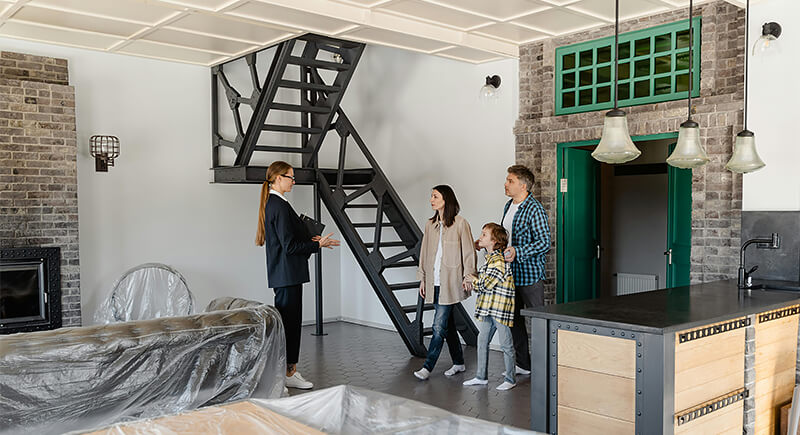
Credit: pexels
Before unpacking boxes, walk through every room, turn on every faucet, and check every socket. Photos and video are your best tools here. Don’t rely on the landlord’s inventory alone. Remember to capture date-stamped proof of any scratches, chips, leaks, or missing items.
Request a Copy of the Inventory and Go Over It Carefully

Credit: pexels
Owners usually hand over a move-in inventory, which can be rushed or incomplete. Don’t sign anything on the spot. Take your time reading it and comparing your findings. If you spot something they missed, report it in writing and ask for it to be included.
Report Issues During the Lease
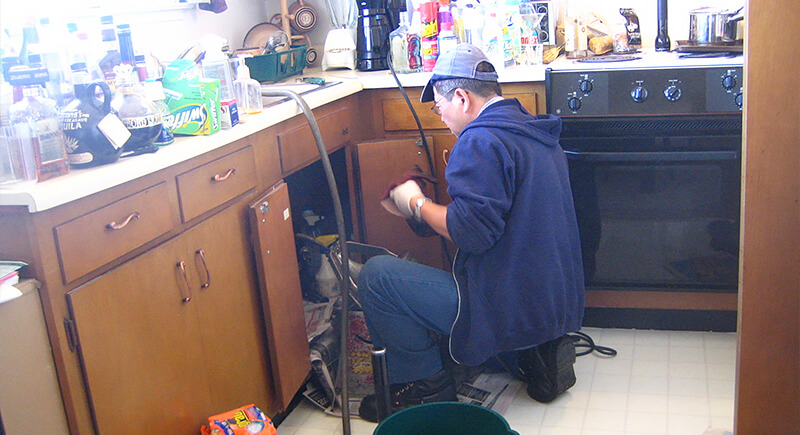
Credit: Wikimedia Commons
Waiting until move-out day to mention that the heat stopped working or the sink leaked for six months isn’t a good idea. If something breaks, notify your landlord as soon as it happens. This gives them a chance to fix it and keeps the blame off you.
Know What Counts As Fair Wear And Tear
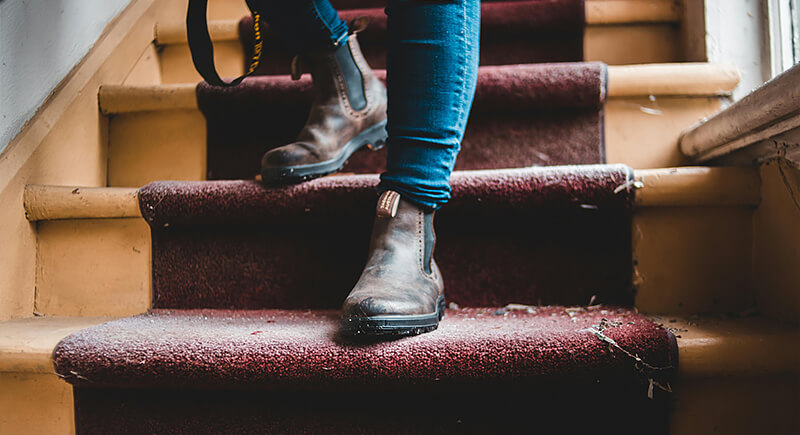
Credit: pexels
The law doesn’t expect you to hand back a showroom apartment. A faded carpet, light scratches on wood floors, or worn-out keys fall under normal wear. Replacing those at your expense would be unreasonable. The longer you’ve lived there, the more wear is expected.
Don’t Leave Cleaning Up To Interpretation
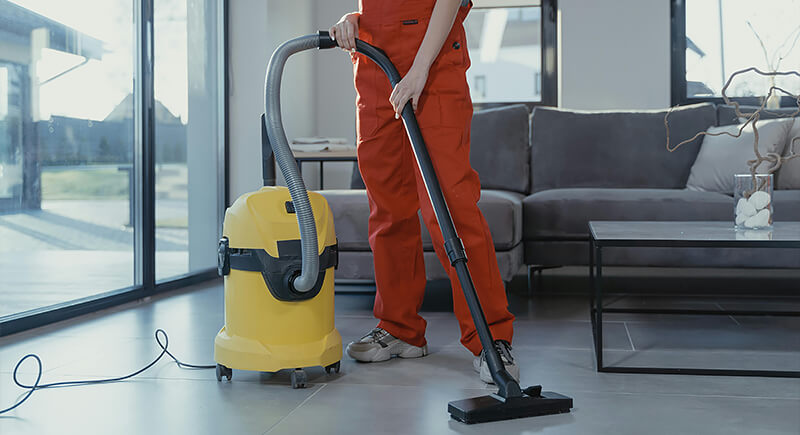
Credit: pexels
Even if you deep clean, some landlords see an opportunity. Avoid the argument by treating your cleaning like a job you’re applying for. Take clear, timestamped photos after vacuuming, wiping, scrubbing, and mopping. Zoom in on stovetops and sinks, too.
Demand Receipts for Any Charges
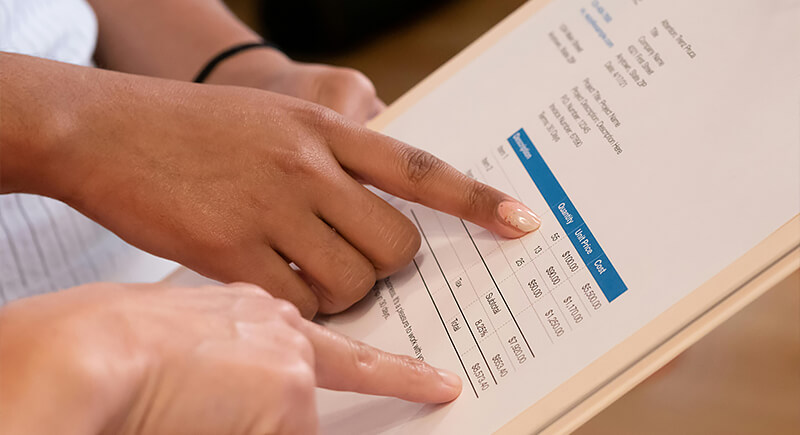
Credit: pexels
Ask for proof if your landlord claims they spent your deposit on repairs. Legally, they can’t just guess the cost; they need real invoices or estimates. You’re entitled to itemized records showing what was done, how much it cost, and when.
Know What the Deposit Scheme Owes You

Credit: pexels
In many U.S. states and the UK, landlords must place your deposit in a registered scheme or a separate escrow account. That means they can’t just hang onto it in their own bank. These programs often include free dispute resolution if things get ugly.
Request a Pre-Move-Out Inspection

Credit: pexels
You can ask your landlord to walk through the unit before your lease ends. This allows you to fix minor issues, or at least hear what they plan to charge for. Some will bring flashlights and painter’s tape to mark every speck of dust. Let them do that, then fix what’s reasonable.
Don’t Let Landlords Charge for What the City Provides Free
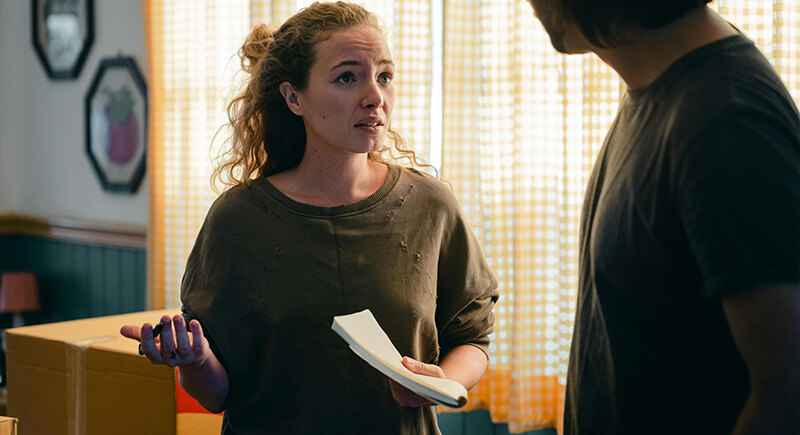
Credit: pexels
Some landlords try to charge for missing trash bins, smoke detectors, or city-supplied recycling containers. Before paying, call your city’s public works department or fire marshal. You might find those items are replaced at no cost. Several renters have avoided charges by showing their landlord that the city handles replacements.
Send a Demand Letter If Things Go South

Credit: pexels
If your landlord won’t return your deposit or respond to messages, a formal demand letter can get their attention. Keep it simple and give a deadline. Many templates from legal aid organizations are available online. Landlords know ignoring it could land them in small claims court.